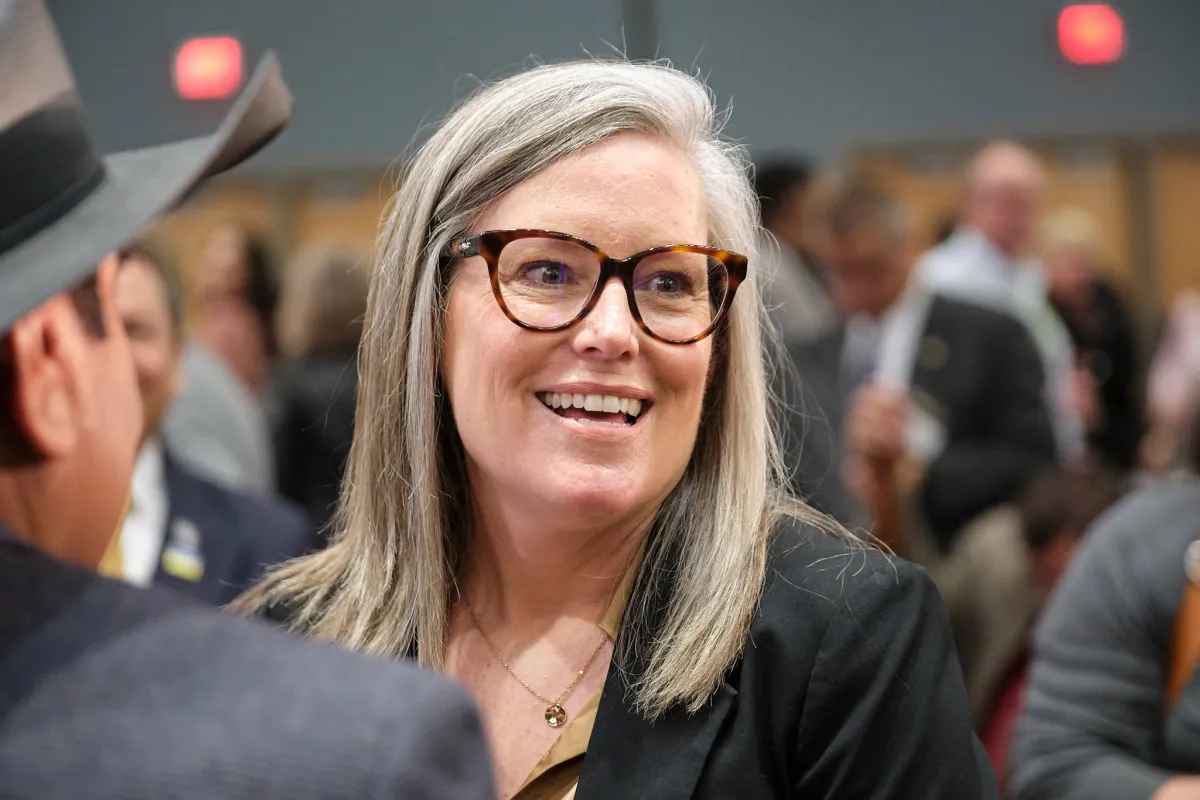In a significant move that underscores the importance of academic freedom and governance, Arizona Governor Katie Hobbs has vetoed a controversial bill that sought to reduce the power of college faculty across the state’s public universities. The bill, which had sparked widespread debate and concern among educators and academic institutions, was seen as a direct challenge to the traditional role of faculty in university governance.
The proposed legislation aimed to shift decision-making authority from faculty members to university administrators and boards of regents. Proponents of the bill argued that it would streamline administrative processes and enhance institutional efficiency. However, critics contended that it would undermine the academic freedom and autonomy that are foundational to higher education.
Governor Hobbs, in her veto statement, emphasized the critical role that faculty play in maintaining the quality and integrity of higher education. She highlighted that faculty members are not only educators but also researchers and scholars who contribute significantly to the advancement of knowledge and societal progress. Reducing their influence, she argued, would jeopardize the academic standards and reputation of Arizona’s public universities.
The veto has been met with relief and approval from the academic community. Faculty members across the state had voiced strong opposition to the bill, organizing petitions, rallies, and public forums to express their concerns. The Arizona Faculty Council, representing faculty from public universities, praised the governor’s decision, stating that it preserves the collaborative nature of university governance that is essential for fostering innovation and academic excellence.
University administrators have also acknowledged the importance of faculty contributions, though some had supported the bill’s intent to streamline decision-making. The veto now calls for a renewed focus on dialogue and collaboration between faculty, administrators, and policymakers to address governance issues without compromising academic freedom.
Governor Hobbs’ decision aligns with a broader national trend of recognizing and protecting the role of faculty in higher education governance. As universities face evolving challenges, including funding constraints, changing student demographics, and technological advancements, maintaining a balanced and inclusive governance structure is crucial.
In conclusion, the veto of the bill that would have reduced college faculty power is a pivotal moment for Arizona’s higher education system. It reaffirms the value of faculty involvement in university governance and highlights the need for collaborative approaches to addressing institutional challenges. By preserving faculty authority, Governor Hobbs has ensured that Arizona’s public universities will continue to benefit from the expertise and dedication of their academic staff, safeguarding the quality of education for future generations.

